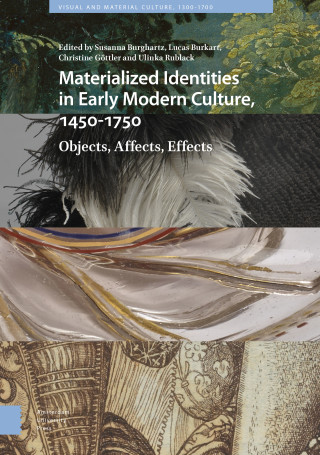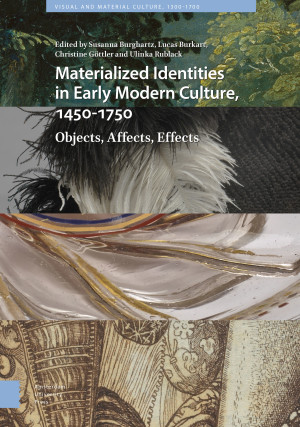This collection embraces the increasing interest in the material world of the Renaissance and the early modern period, which has both fascinated contemporaries and initiated in recent years a distinguished historiography. The scholarship within is distinctive for engaging with the agentive qualities of matter, showing how affective dimensions in history connect with material history, and exploring the religious and cultural identity dimensions of the use of materials and artefacts. It thus aims to refocus our understanding of the meaning of the material world in this period by centring on the vibrancy of matter itself.
To achieve this goal, the authors approach "the material" through four themes – glass, feathers, gold paints, and veils – in relation to specific individuals, material milieus, and interpretative communities. In examining these four types of materialities and object groups, which were attached to different sensory regimes and valorizations, this book charts how each underwent significant changes during this period.

